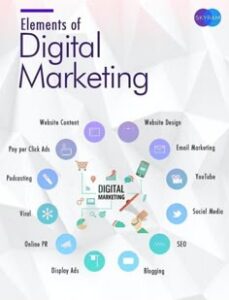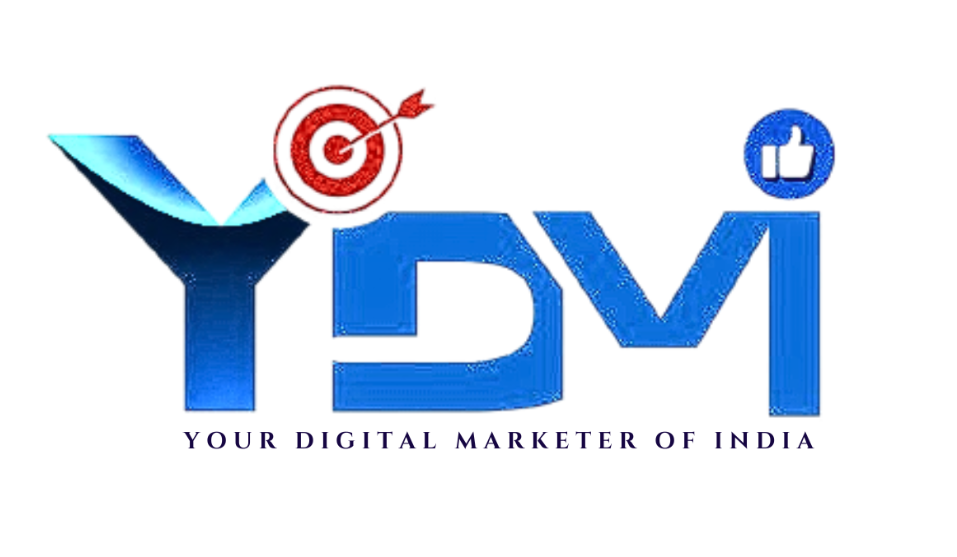Digital Marketing vs Network Marketing: Key Differences and Which One Works Best in 2025
In today’s fast-evolving business landscape, choosing the right marketing approach is critical for success. Two popular strategies often compared are digital marketing and network marketing. While they may seem similar at a glance, they serve different purposes, use different tools, and appeal to different kinds o
Let’s break down what each of these strategies involves and explore which might be best suited for your goals in 2025.
What is Digital Marketing?
Digital marketing refers to the use of online platforms and technologies to promote products or services.
-
Search Engine Optimization (SEO)
-
Content Marketing

-
Social Media Marketing
-
Email Marketing
-
Pay-Per-Click Advertising (PPC)
-
Affiliate Marketing
Digital marketing relies heavily on data, analytics, and targeting to reach the right audience.
Pros of Digital Marketing:
-
Scalability: Reach millions with the right content or ad.
-
Data-Driven: Analyze performance and adjust in real time.
-
Low Entry Cost: Many tools are free or affordable.
-
Targeted Reach: Narrow targeting by demographics, interests, and behavior.
Cons of Digital Marketing:
-
Requires Technical Skills: SEO, PPC, and analytics need some expertise.
-
Competition: It’s a crowded space.
-
Constantly Evolving: Algorithms and platforms change frequently.
What is Network Marketing?
Network marketing, also known as multi-level marketing (MLM) or direct selling, is a business model where salespeople earn income through direct product sales and by recruiting new salespeople into their network.
Examples of popular network marketing companies include Amway, Herbalife, and Avon.
Pros of Network Marketing:
Low Startup Costs: Often requires minimal investment.
-
Personal Relationships: Sales rely heavily on trust and word-of-mouth.
-
Mentorship Opportunities: New members are trained by experienced ones.
Cons of Network Marketing:
-
Recruitment Pressure: Success often depends on building a team.
-
Stigma and Skepticism: MLMs can have a bad reputation.
-
Limited Control: You’re selling someone else’s products with set pricing and rules.
Digital Marketing vs Network Marketing: Key Differences
| Feature | Digital Marketing | Network Marketing |
|---|---|---|
| Marketing Medium | Online platforms (websites, ads) | Face-to-face or social networking |
| Income Source | Sales, commissions, ad revenue | Product sales + recruitment bonuses |
| Control Over Branding | High (you control your message) | Low (company branding) |
| Scalability | High with the right content/ads | Limited to personal network |
| Training & Tools | Courses, software, analytics | Mentorship, company-provided tools |
| Time Investment | Front-loaded but automated | Ongoing personal effort |
Digital Marketing vs Network Marketing – Key Differences
The decision between digital marketing and network marketing depends on your personality, skills, and long-term goals.
Choose Digital Marketing if:
-
You enjoy tech and analytics.
-
You want to build a scalable online business.
-
You prefer working independently and behind the scenes.
-
You want to promote your own products or services.
Choose Network Marketing if:
-
You enjoy connecting with people directly.
-
You like mentorship and team-building.
-
You’re motivated by personal interaction and networking.
-
You’re comfortable promoting a product line you believe in.
Can You Combine Both?
Yes! Many successful marketers use a hybrid approach. For instance, you can use digital marketing tools like email campaigns and social media to support your network marketing efforts. This hybrid strategy helps you reach more people while still nurturing personal relationships.
Final Thoughts
If you’re looking to scale with data, automation, and creative freedom, digital marketing may be your best bet in 2025. If you’re energized by relationships, mentoring, and direct selling, network marketing could be a fulfilling path.
Either way, success comes down to consistency, authenticity, and adapting to change


